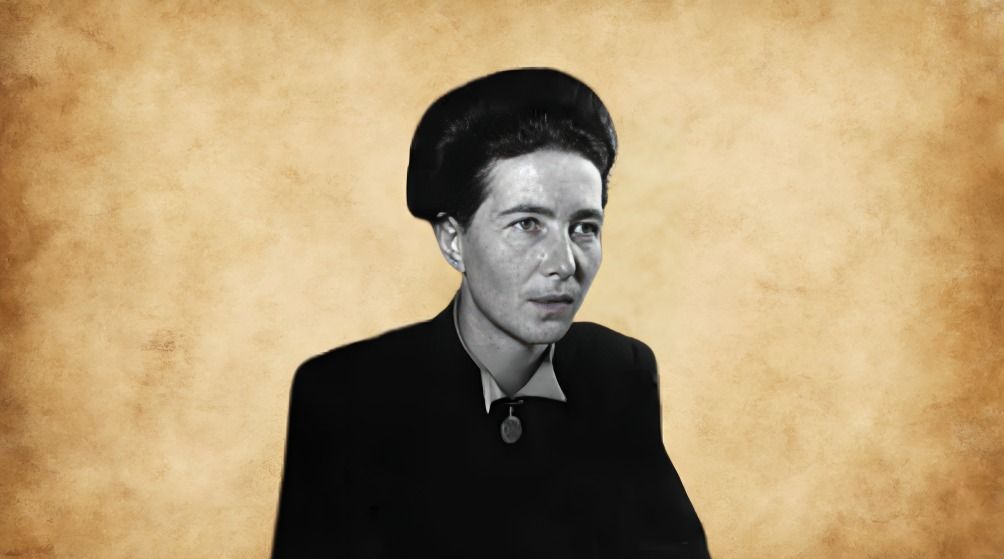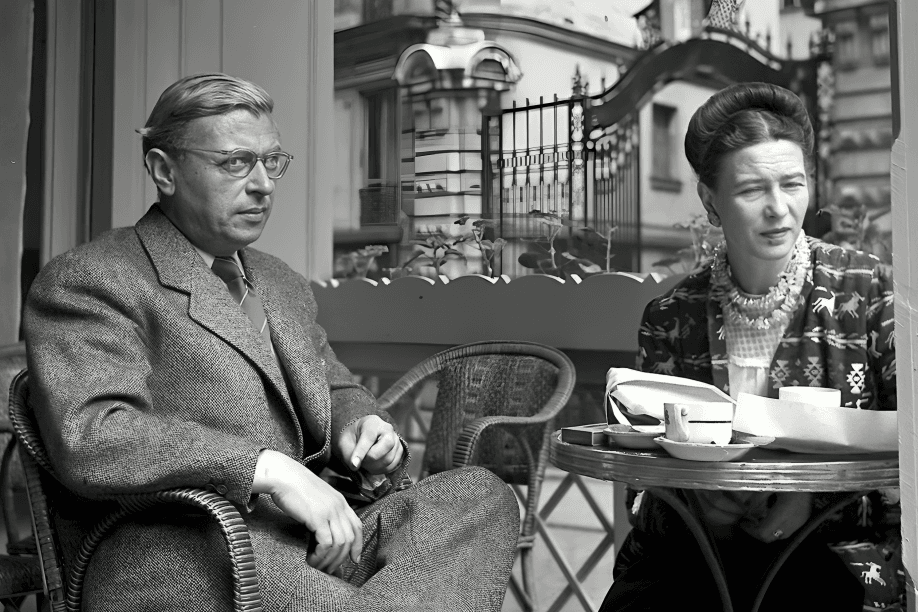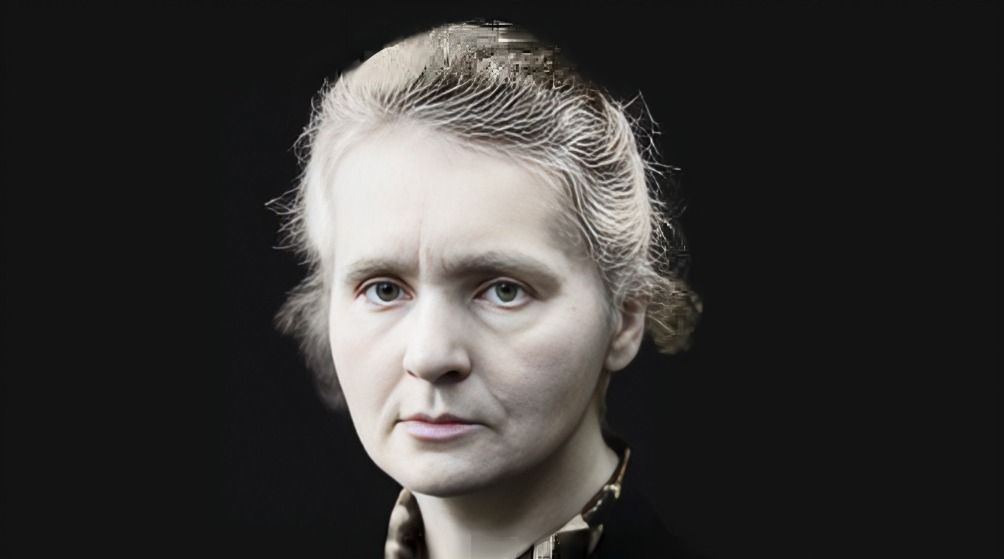
“
Simone de Beauvoir was a revolutionary thinker, a pioneering feminist, and an acclaimed writer whose work has left an indelible mark on philosophy, literature, and gender studies. Known for her groundbreaking book The Second Sex, she challenged societal norms and advocated for gender equality, inspiring generations to question traditional roles. But beyond her renowned contributions to feminism, Simone de Beauvoir’s life is filled with fascinating details that many may not know. In this blog, we’ll explore 20 interesting facts about Simone de Beauvoir, revealing unique aspects of her personal life, intellectual pursuits, and cultural impact. From her unconventional relationship with Jean-Paul Sartre to her travels around the world and her passion for advocating women’s rights, each fact sheds light on the extraordinary life of this trailblazing woman.1
”
Simone de Beauvoir, born in 1908 in Paris, was a groundbreaking French existentialist philosopher and feminist whose writings explored the complexities of identity, gender, and freedom.1
De Beauvoir’s most famous work, The Second Sex, published in 1949, challenged traditional ideas of women’s roles and is considered a foundational text in feminist philosophy.2
She famously coined the phrase, “One is not born, but rather becomes, a woman,” emphasizing that gender roles are not biologically predetermined, but rather shaped by societal expectations and cultural conditioning.3

De Beauvoir was closely associated with philosopher Jean-Paul Sartre, though they maintained an open relationship, and both were key figures in existentialist thought during the 20th century.
Her academic journey was truly remarkable, as she became one of the first women to earn a degree in philosophy from the prestigious École Normale Supérieure in Paris, breaking significant gender barriers.4
As a writer, de Beauvoir authored novels, essays, memoirs, and plays, exploring themes of existentialism, freedom, and the human condition, influencing both literature and philosophy.5
In The Ethics of Ambiguity, she examined the concept of freedom, arguing that true freedom comes with the responsibility to others and the rejection of absolute moral systems.6
De Beauvoir’s activism went beyond theory—she supported women’s reproductive rights and fought for social and political reforms to improve women's lives and opportunities.7
As a dedicated member of the French Resistance during World War II, Simone de Beauvoir actively fought against Nazi occupation, demonstrating her deep commitment to freedom, justice, and the fight for human rights.8
Despite her immense intellectual contributions, Simone de Beauvoir’s personal life, particularly her unconventional relationship with Sartre, remains a topic of fascination and discussion.9

Her novel The Mandarins won the prestigious Prix Goncourt in 1954, offering a profound exploration of post-war intellectual life, while reflecting on her own experiences within the philosophical and literary circles of the time.
De Beauvoir’s influence extended beyond academia—she was a central figure in France’s intellectual circles, influencing writers, politicians, and feminists for generations.10
She worked as a teacher throughout her life, inspiring many students and intellectuals with her views on existentialism and feminist thought, particularly at the Lycée Simone Weil.11

De Beauvoir was an advocate for women's education and believed that true liberation for women could only come through their intellectual, emotional, and economic independence.
Her exploration of women’s sexuality and the cultural implications of gender in The Second Sex changed how society viewed women’s autonomy, bodies, and social roles.12
Simone de Beauvoir’s impact on feminism was profound—she challenged both male-dominated intellectual traditions and conventional ideas about what it meant to be a woman.13
She maintained a lifelong commitment to the rights of women and the marginalized, engaging with issues such as abortion, inequality, and gender discrimination in both her works and public life.14
De Beauvoir’s philosophical exploration of freedom, choice, and existentialism has had a lasting effect on fields ranging from psychology to political science to cultural studies.15
Despite her feminist credentials, de Beauvoir faced criticism from some feminists for her complex relationship with Sartre and for her exploration of female sexual autonomy.16
Simone de Beauvoir’s legacy endures today as a feminist icon, a philosopher, and a writer whose work continues to shape discussions about gender, equality, and existentialism.17


